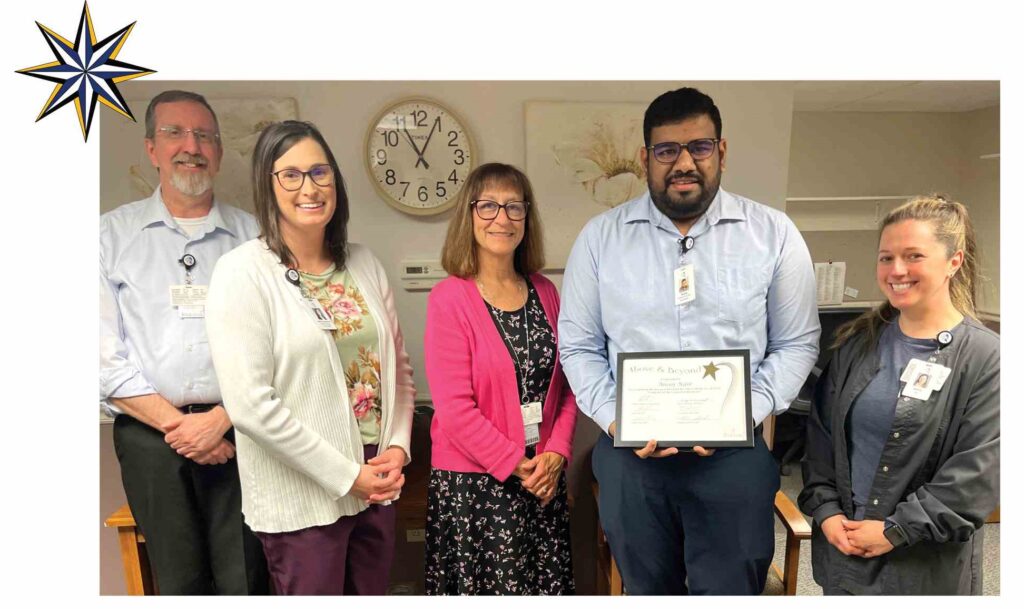Social Services


At Reedsburg Area Medical Center (RAMC), we understand that hospitalization, illness, or injury can be incredibly stressful. We are dedicated to helping you and your family navigate these challenges. Our social services team, comprised of skilled and compassionate social workers, is here to provide support and guidance through difficult times.
The Importance of Social Services in Healthcare
- Coping with diagnosis, illness, and hospitalization
- Impact of illness on family members
- Parenting and care-giving concerns
- Grief, loss, or end of life issues
- Developmental issues
- Violence in the home or community
- Trauma
- Financial difficulties
- Depression, anxiety, psychiatric concerns
- Substance use issues

Social Services often work with patients who have acute or chronic illnesses, disabilities, or other health conditions. They also work with patients who are facing end-of-life issues, and help them and their families to prepare for and cope with these difficult situations. Social services are trained to work with diverse populations and cultural backgrounds and are able to communicate effectively with patients and families from different backgrounds.
Support for Patients and Families:
At RAMC we offer a broad range of social services to assist with:
Linking patients with community resources and services
Connecting patients and families with appropriate local services and resources such as home care, transportation, meal delivery, support groups, counseling centers, hospice and government programs, etc.
Developing discharge plans with patients and interdisciplinary teams
Planning safe discharges is a central RAMC social services function. Social services arranges follow-up services to facilitate transitions home or to post-acute settings. Tasks include assessing needs, collaborating with teams, identifying resources, and addressing barriers.
Advocating for quality care and ethical decision-making
Promoting equitable, culturally competent care and ethical standards through policy initiatives, interdisciplinary education, and individual patient advocacy.
Crisis intervention
Social Services assists patients and families through crises stemming from illness, trauma, grief, and other challenges. Tasks involve, safety planning, resource linkage, and coordinating care with specialists.








